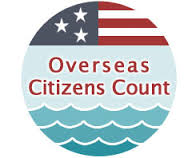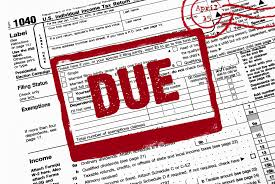2015 Tax Filing Date Announced
2015 Tax Filing Date Announced – The tax filing date for the New Year has recently been announced by the IRS. Tax filing will begin on Tuesday, January 20th, 2015. In addition, as part of the tax extenders package which President Obama signed into effect on December 19, 2014, all taxpayers can file at the same time.
Although the tax extenders package was approved just weeks ago, the Internal Revenue Service has announced that the 2015 tax season will be begin in a timely fashion. The opening date is actually 10 to 11 days earlier than it was in previous tax seasons. In addition, rather that having a tiered tax season opening, the new legislation allows all taxpayers to begin filing at the same time.
In IRS Commissioner Koskinen’s remarks about the new tax extenders package, he said that, “[w]e have reviewed the late tax law changes and determined there was nothing preventing us from continuing our updating and testing of our systems.” He went on to say that IRS employees would continue an aggressive schedule of testing over the next month in order to complete the final stages of preparation of their tax systems for the timely opening of the 2015 tax season.
Although the tax extenders legislation was passed by both houses of Congress and signed into effect by President Obama just weeks before the end of the year, it reinstates many valuable tax breaks that had expired at the end of 2013. Its tax saving provisions will allow both individual taxpayers and businesses owners to save valuable 2014 tax dollars. The bill, aptly named the Tax Increase Prevention Act of 2014, is certainly a welcome holiday treat for many!
If you have tax questions or a tax debt you are unable to pay, our tax settlement professionals are happy to discuss your tax resolution options free of charge. For more information about our services, visit us today at www.professionaltaxresolution.com or call us at 877.889.6527. With over 16 years in the business of resolving tax debt, we have a thorough understanding of tax law together with the experience to know which settlement option will be the best fit for your specific set of circumstances.
Happy New Year to All!



